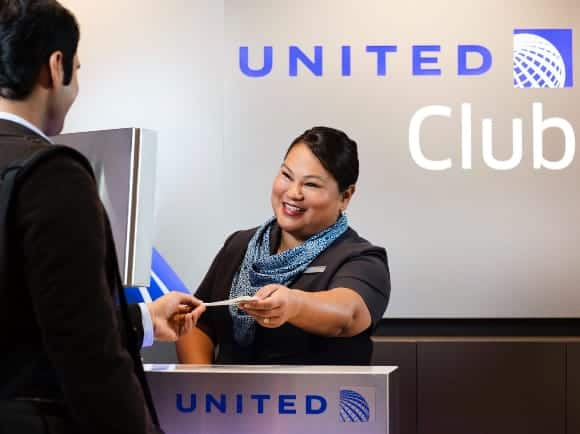U.S. Airlines Permanently Axe Change Fees
 United Airlines made a surprise announcement last weekend that it would permanently remove change fees on domestic airfares. Within days, almost every other major U.S. airline has followed suit in a fundamental change to the revenue models of American airlines.
United Airlines made a surprise announcement last weekend that it would permanently remove change fees on domestic airfares. Within days, almost every other major U.S. airline has followed suit in a fundamental change to the revenue models of American airlines.
United and most other U.S. airlines have been waiving change fees since COVID-19 began to seriously disrupt travel plans earlier in 2020. These change fee waivers were originally for just a short time. But as the crisis became prolonged, airlines continued extending their fee waivers. Finally, United Airlines decided to just get rid of the much-hated fees for good.
United’s announcement was that they will remove change fees on all standard Economy and premium cabin airfares within the United States, effective immediately. Passengers within the United States can now change their tickets at no cost, although they will still need to pay any fare difference if the new ticket is more expensive (and won’t receive any refund if the new fare is cheaper).
United’s current change fee waiver also covers Basic Economy and international airfares, but only until the end of 2020.
Not to be outdone, American Airlines announced a similar removal of change fees the next day. But the American Airlines waiver applies to international short-haul, as well as U.S. domestic flights. Another key difference with American Airlines is that you’ll receive a voucher for the fare difference if the new ticket is cheaper.
The other major U.S. airline, Delta, has also announced a permanent removal of change fees on domestic U.S. itineraries. Alaska Airlines, which will join the Oneworld alliance at the end of this year, will permanently ditch change fees too on all Main Cabin and First Class fares across its network once its current fee waiver expires. (Alaska Airlines does not operate long-haul international flights, but does operate some international flights to neighbouring countries.)
Why are U.S. airlines eliminating change fees?
U.S. airlines – and most airlines, for that matter – have generated significant revenue from change fees for decades. So, why the sudden change of heart? And is this change really going to last forever?
United Airlines, which initiated the change, says it’s giving customers what they want.
“Change is inevitable these days – but it’s how we respond to it that matters most. When we hear from customers about where we can improve, getting rid of this fee is often the top request,” United CEO Scott Kirby said.
It could also be a sign of desperation. Facing mounting debts, airlines need to do anything they can right now to attract new bookings.
Presumably, if U.S. airlines decide later that it was a bad idea, they could just expand their Basic Economy fare offering. All of the U.S. airlines have specifically excluded their ultra-cheap, no-frills “Basic Economy” fares from the change fee waiver.
Qantas & Jetstar will not follow
Australian airlines including Qantas, Virgin Australia and Jetstar have also been waiving change fees for much of this year due to COVID-19. But Qantas CEO Alan Joyce confirmed that this would not become a permanent change when asked earlier this week.
“If every airfare is going to be flexible, your revenue management system I think fundamentally breaks down over the long term,” Joyce said.
Alan Joyce believes high change fees and other restrictions on cheaper tickets, such as red-eDeal and sale fares, are an important revenue management tool because they encourage buy-up to more expensive, flexible airfares. This is also why Qantas adopted a more hardline approach several years ago in refusing requests to “fly forward” on non-flexible tickets. (Virgin Australia offers Fly Ahead on most fare types to its Gold & Platinum members, subject to available space on the earlier flight.)
Allowing free changes on cheaper tickets also makes it more difficult for airlines to forecast demand, and to maximise load factors & revenue from each flight.

